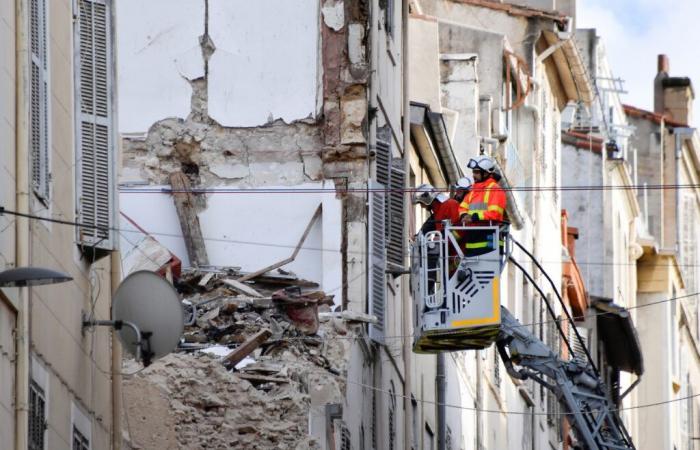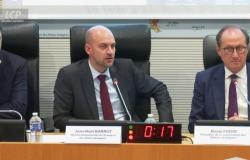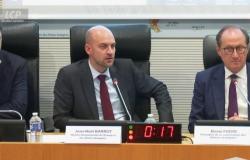
The Marseille Criminal Court deliberated its judgment on July 7, 2025, recalling that “honoring the memory (of the eight victims) means striving to be as fair as possible in the search and punishment of those and those who are likely to be criminally responsible for their fate.”
In total, 16 defendants – co-owners, trustee, social landlord, architect-expert and former deputy at the town hall – were prosecuted for various charges, including involuntary manslaughter and subjecting vulnerable people to unworthy accommodation conditions.
In his indictment, the prosecutor had requested prison sentences against ten of them, including the only municipal elected official prosecuted, Julien Ruas (3 years), and the architect-expert Richard Carta (3 years including one suspended).
Against the co-owners, he had requested sentences ranging from two years in prison, one of which was suspended, up to five years, two of which were suspended, against Xavier Cachard, also the trustee’s lawyer and regional elected official.
On Wednesday, the defenders of Julien Ruas, former deputy mayor in charge of urban risks, tried for eight involuntary homicides and involuntary injuries, hoped “that the trial in rue d’Aubagne would not be a judgment of the street”.
Demanding his release, Mes Benjamin Matthieu and Erick Campana called on the court not to transform this elected official from civil society “into a scapegoat for the (last) mandate of Jean-Claude Gaudin”, the former mayor LR, deceased in May, and to reject “a media justice which shows a ceremonial firmness”.
– “Wound in the heart of Marseille” –
“Who can recruit? Who has power over municipal jobs? It’s the municipal council. It’s false and legally impossible” to blame the deputy for any reduction in staff, launched Me Matthieu. During the debates, Julien Ruas said he refused “to take on all the responsibilities of Marseille town hall”.
Referring to the failings accused of the elected official, Me Campana considered that they “have no link with the abominable death of eight people”. “Is it a criminal offense if when I ask for few (manpower), I am granted even less? If each year the budget of the city of Marseille is cut by 20 million euros?”
Only a few defendants took the opportunity offered by the procedure to speak last, Wednesday afternoon.
Appointed at the head of the city’s social landlord, after the arrival of a new majority in 2020, Frédéric Pâris assured that “there is not a day when we do not think about this tragedy. For us, professionals of habitat, this tragedy changed a lot of things. It was of no use.
From the opening of the trial on November 7, the president of the criminal court Pascal Gand said he was aware of the “expectations” raised by the case in the second largest city in France, one of the poorest and in which slumlords thrive on precariousness.
“In my 25 years of career, I have never experienced a hearing like this”, with an extraordinary trial room transformed for a month and a half into “agora of the city of Marseille”, with “all the anger of a city”, explained the lawyer of a defendant, Me Jean Boudot.
In this agora, tears flowed abundantly in the face of the stories of the journeys as bright as they were damaged by the eight victims. And in particular at the mention of little El Amine, “left in the morning with his schoolbag and in the evening, no more mom, no more clothes, no more nothing”.
Then the debates unsurprisingly became extremely technical, but always concluded on shortcomings of the services concerned. With a parade of experts explaining that the collapses of the two buildings were “absolutely inevitable” after 15 years of alerts of all kinds.
But on the benches of the 16 defendants, individuals and legal entities, we continued to contest en bloc, the lawyers pleading for acquittals in succession after the severe requisitions.
Because for the public prosecutor of Marseille, Nicolas Bessone, who came in person to petition his colleague Michel Sastre, this tragedy is “not a simple legal matter” but “a wound in the heart of Marseille”, with victims “died by the greed of some, negligence or incompetence” and “especially the indifference of all”.





